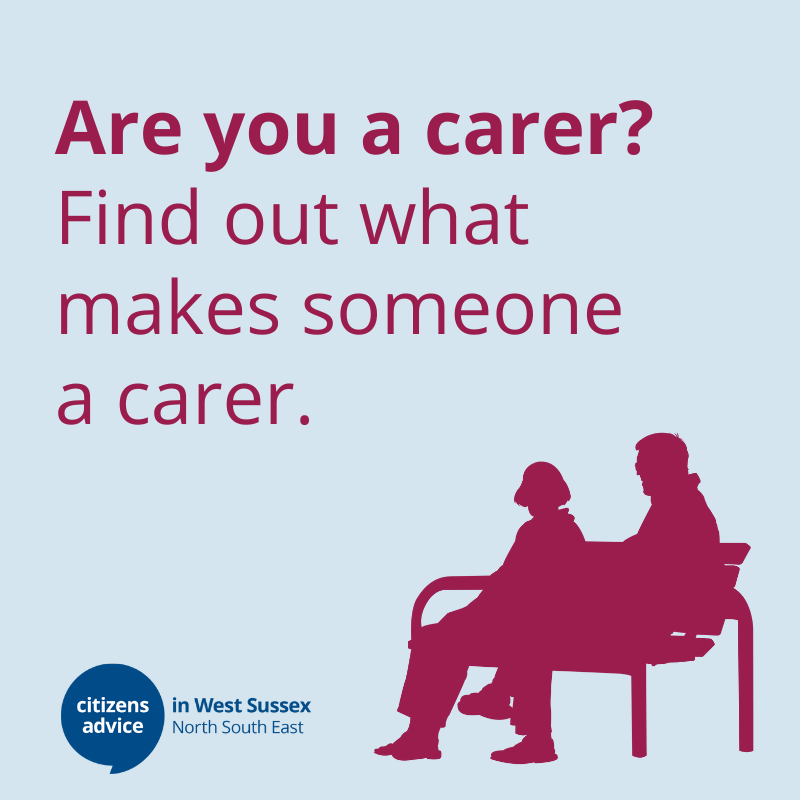To mark National Carers Rights Day, we want to highlight what qualifies someone as a carer and make you aware of support available to you.
Who is a carer?
You’re a carer if you’re looking after someone regularly because they’re ill, elderly or disabled – including family members.
You’re probably a carer if all of the following apply:
- you do things like helping someone to wash, dress and eat; taking them to regular appointments, doing their shopping or keeping them company
- you aren’t paid to look after the person you’re caring for
- you spend a lot of time caring for the person – there’s no legal definition of this, but it could mean anything from a few hours a day, to 24 hours a day, 7 days a week
- you may or may not live with the person you’re caring for
Help available
You may be able to get help to increase your income if your caring duties are affecting your finances.
Depending on your income, assets and living arrangements, you might be able to:
- apply for Carer’s Allowance and other benefits
- get help with paying for prescriptions and other healthcare costs from the NHS low income scheme
- cut down your household costs, including gas and electricity bills, a free or discounted TV licence from TV Licensing or council tax discounts
- have your contributions towards your state pension covered by the government if you’ve given up or cut down paid work to care for someone – Carers UK has advice to help you protect your pension
- get a grant or other financial help from a local charity or trust – Turn2Us has details of charities that might be able to help you
We can help you with free and impartial advice to help sort out your finances if you’re worried about having enough money to live on and meet your existing commitments. This could include better budgeting, learning how to make your money go further and dealing with debt problems.
For self-help information, visit Citizens Advice or to get in touch with the team, find out all the ways you can contact us.

